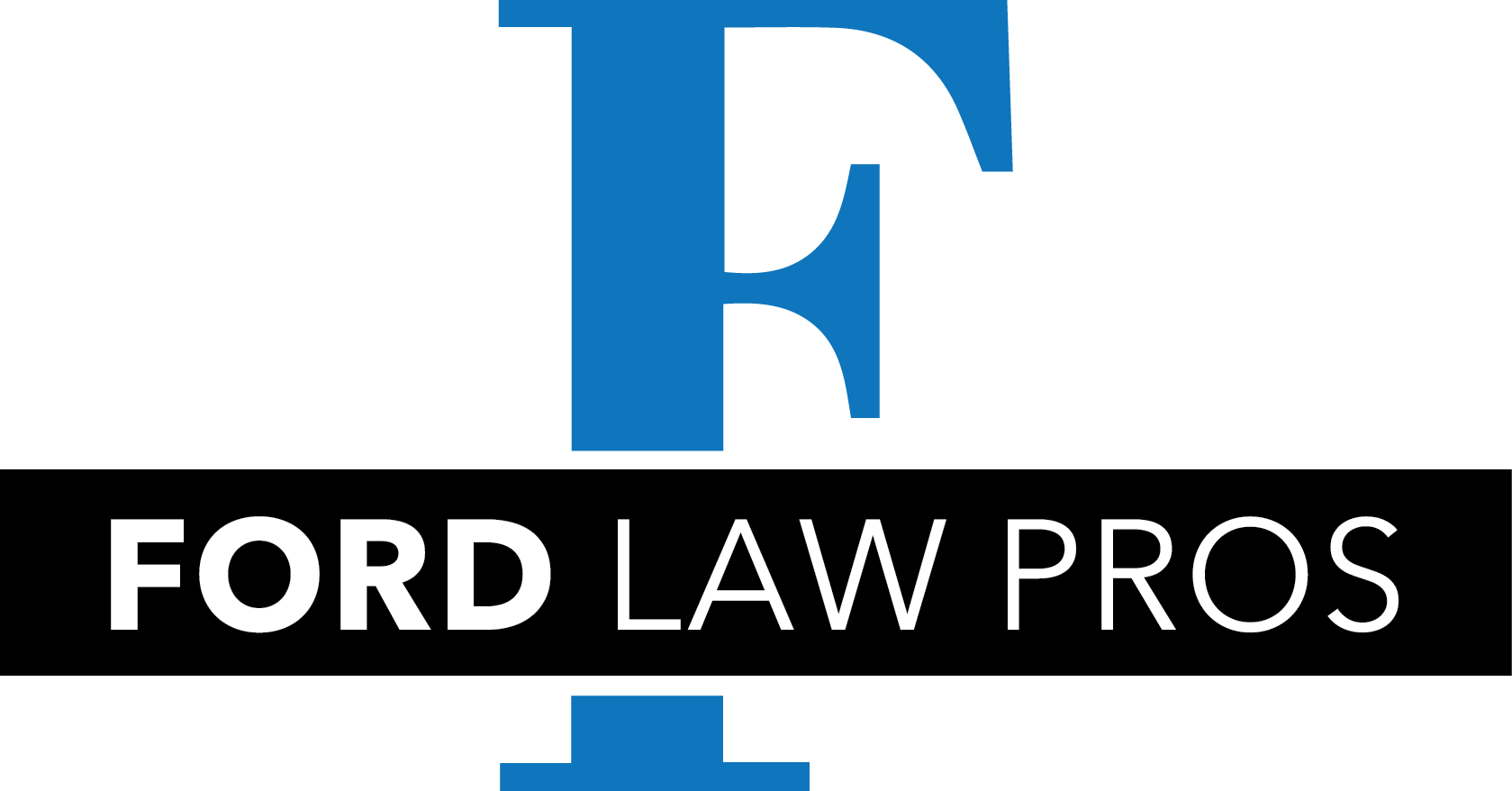The whole point behind filing bankruptcy is to get a fresh start. If you work and lost a job or spouse and have a ton of credit card bills or if you have a mountain of unpaid medical bills because you were uninsured for some period of time in your life, these debts can be discharged in a Chapter 7 proceeding. Chapter 7 also stops a wage garnishment or any pending collection action against you.
One common misconception about Chapter 7 is that a debtor has to sell everything he owns to satisfy non-dischargeable debts. This is not true. There are federal and state exemptions that allow a debtor to keep some of his or her property while filing bankruptcy. Also, a debtor can re-affirm a debt on a car, for example, if he does not want to give it up as a liquid asset.
If you own a home and pay a mortgage, Chapter 7 will not get rid of the mortgage. However, if you believe there that the mortgage on your home is invalid due to lender misconduct, you can challenge the lien on the grounds that it violates state and/or federal laws.
If you have a secured judgment against you and you believe it is invalid, your lawyer can challenge the judgment through the bankruptcy proceeding.
It is good to consider all of the pros and cons before filing bankruptcy. For a free consultation, contact us at (202) 507-6313.

